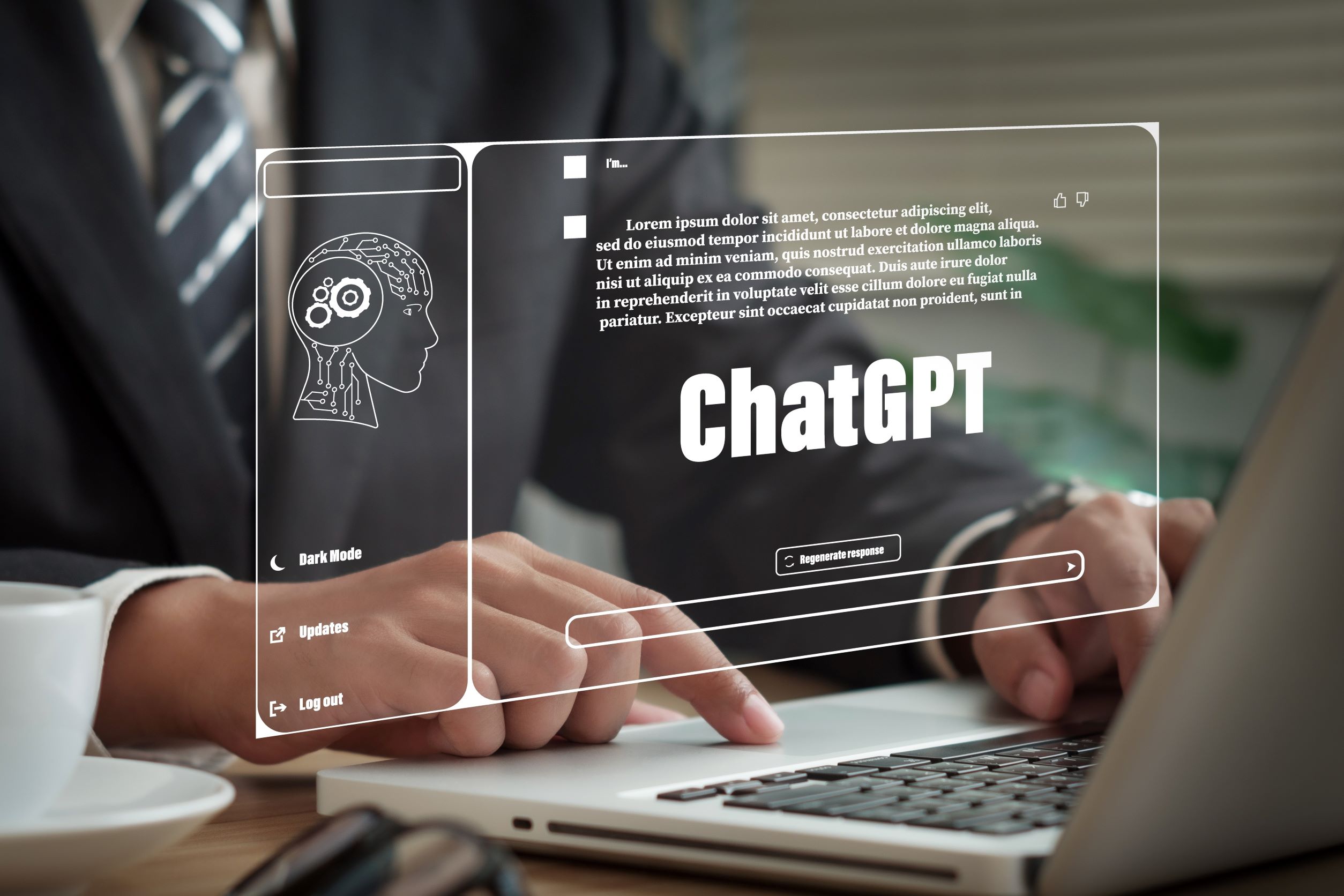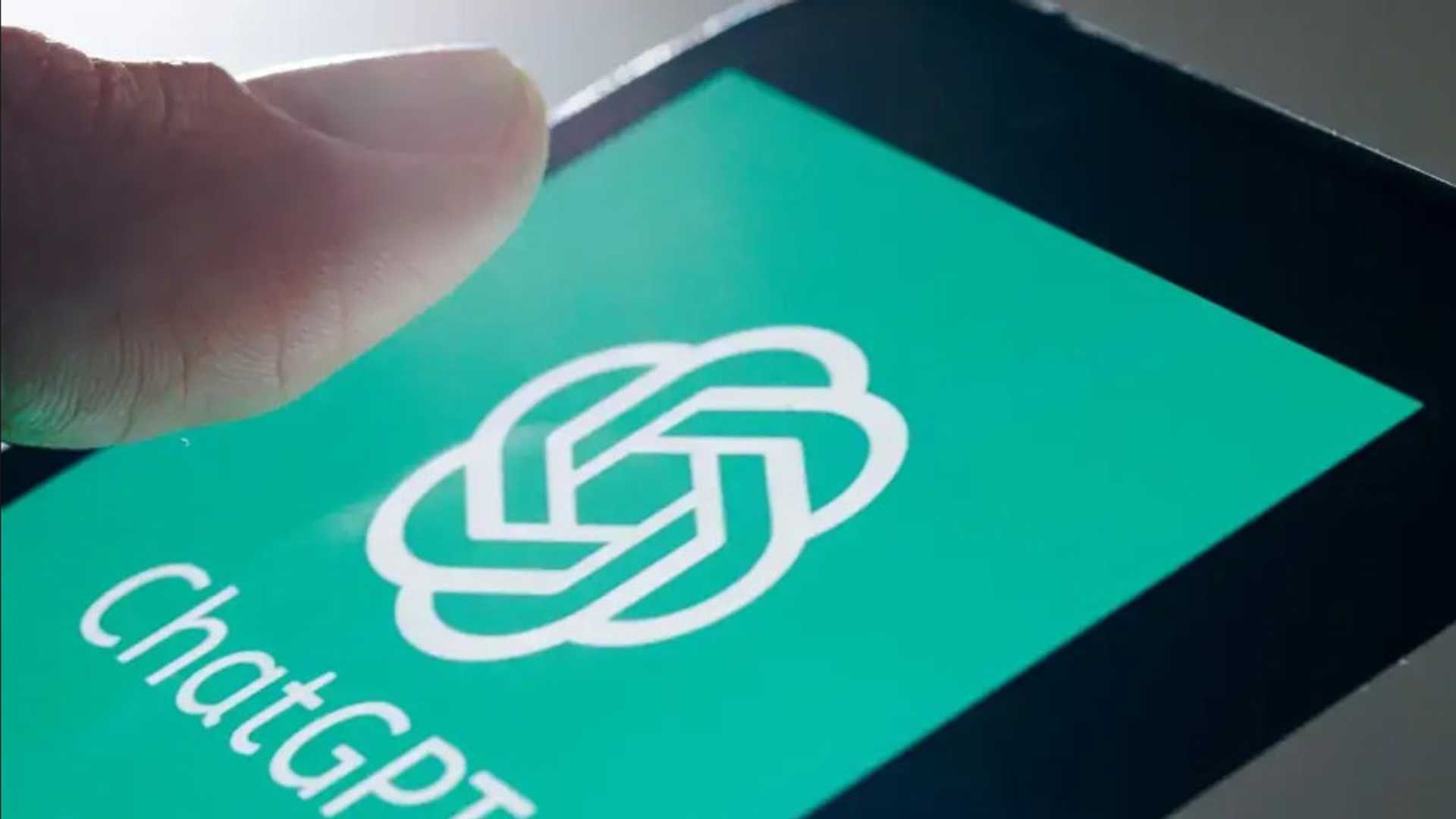The ChatGPT Dilemma: Helping, Hurting, or Just Changing the Way ...
There’s a lot of discussion surrounding the use of ChatGPT among students, with opinions ranging from it being detrimental to education to it being a progressive step in the learning process. The reality, however, is more intricate than simply categorizing it as "good" or "bad." AI tools like ChatGPT have become ubiquitous in educational settings, being employed by students, teachers, and even school systems for various purposes.
Despite its widespread adoption, why does it appear that students are primarily targeted for alleged misuse of ChatGPT? 
Maddie Mathias, a junior at LHS, remarked on the increasing prevalence of ChatGPT, stating, “I didn’t pay much attention to ChatGPT last year, but now, I find myself using it more frequently.”
The Classroom Landscape
Currently, there is a rising level of suspicion among teachers regarding the use of AI tools by students. Some educators claim to be able to discern when a student utilizes AI—whether it's due to overly precise grammar, mechanical ideas, or excessive use of em-dashes (believe it or not, some teachers associate long dashes with ChatGPT). However, what if a student naturally incorporates these elements into their writing? What if this is how they have been taught to write? What if they have honed these skills through practice and dedication?
This atmosphere of doubt has instilled fear in students who might hesitate to showcase their intellectual capabilities in writing out of concern for being accused of AI use, which is unjust. Education should be about growth and improvement in writing, critical thinking, and self-expression. So, why has proficient writing suddenly become a source of suspicion?
The Teacher's Perspective
Interestingly, some of the same teachers who are quick to point fingers at students for employing AI tools also utilize ChatGPT themselves. Mr. Cangemi, an English teacher at Ludlow High School, weighed in on the blurry line between teachers and students using ChatGPT, expressing, “It’s a novel and intricate domain... If a teacher can enhance a presentation with the ChatGPT tool, why not?”
Several teachers are incorporating AI tools in crafting lesson plans, worksheets, and even grading criteria. One teacher openly admitted to using ChatGPT for composing feedback on essays to save time. If teachers can harness AI to streamline their responsibilities, why is it deemed inappropriate when students leverage it to aid their learning?
AI Classrooms: How Technology is Revolutionizing Education | by AI ...
Many high school students lead demanding lives with multiple commitments like work, sports, and academics. At times, students struggle to complete all their tasks within the given time. However, distinguishing between assisting and hindering students is crucial. Employing AI for simple or quick assignments may not be detrimental, but relying on it for extensive tasks such as entire essays can have adverse effects. Could students be at risk of losing the ability and patience to write proficiently?
Another aspect to consider is AI checkers that discern whether written content is human-generated or machine-produced. The accuracy of these tools is questionable, often yielding false positives, accusing human writing as AI-generated. This has led to real instances where students have been wrongly accused by such AI detectors. Imagine pouring your effort into a submission only to be labeled a "cheater" by an unexplainable bot. This can not only impact your grades but also erode trust in the evaluation system.
Building Trust and Responsibility
Mr. Cangemi expressed his skepticism towards AI detection in relation to good writing, stating, “I don’t have faith in AI detection at this stage—I believe it's premature.”
University students are facing accusations of AI use, resulting in lost credits and severe penalties such as expulsion and scholarship revocation, solely based on AI detection outcomes. AI detectors often misinterpret advanced or proficient human writing as AI-generated.
Despite the challenges, it's crucial to acknowledge that some students are indeed misusing ChatGPT by directly copying and submitting entire essays without comprehension. This detrimental practice does not foster learning and ultimately harms the student's development. Acquiring essential skills in organizing thoughts and expressing ideas is fundamental for navigating college, job interviews, and professional correspondence in the future.
Best Free AI Tools for Educators — Vivify STEM
AI technology is a permanent fixture, akin to calculators and the internet. Initially met with skepticism, calculators are now integral to learning mathematics. The key lies in understanding when and how to leverage such tools. Just as you wouldn’t use a calculator without first grasping basic arithmetic, a similar approach applies to writing—proficiency should precede reliance on AI.
Schools must adapt by imparting responsible usage of AI tools instead of outright banning them and penalizing students. AI, when wielded appropriately, can serve as a valuable learning aid, facilitating idea generation, structural planning, grammar correction, and comprehension of complex concepts. For students encountering writing challenges, non-native English speakers, or those with learning disabilities, AI can offer beneficial support rather than being viewed as a mere shortcut.
Moreover, if teachers are integrating AI tools into their teaching methodologies, transparency becomes imperative. The narrative that solely students exploit technology is flawed; instances of lessons composed by ChatGPT further blur the line between teacher and student culpability.
Embracing the Future Mindfully
Trust is a critical component in the student-teacher dynamic. With the overwhelming pressure on students to excel in all aspects, the allure of AI as a "solution" is understandable. Instead of punitive measures, schools should address the root causes prompting students to resort to AI. Understanding the support gaps and motivations behind AI usage is vital.
In essence, finding equilibrium is key. ChatGPT isn’t the adversary, but it's also not a universal panacea. Learning to wield AI judiciously is paramount. In the era of AI, educators must innovate their writing pedagogy, while students require the freedom to explore and develop without unwarranted suspicions based on minor writing nuances.
The pertinent question may not be a binary "Is AI beneficial or detrimental?" Rather, the focus should shift to whether educational institutions are prepared to adapt and evolve alongside technological advancements. The future has arrived, presenting a choice—to resist change or embrace it harmoniously.
Explore how this article evolved after undergoing refinement via ChatGPT for an online high school newspaper publication.









